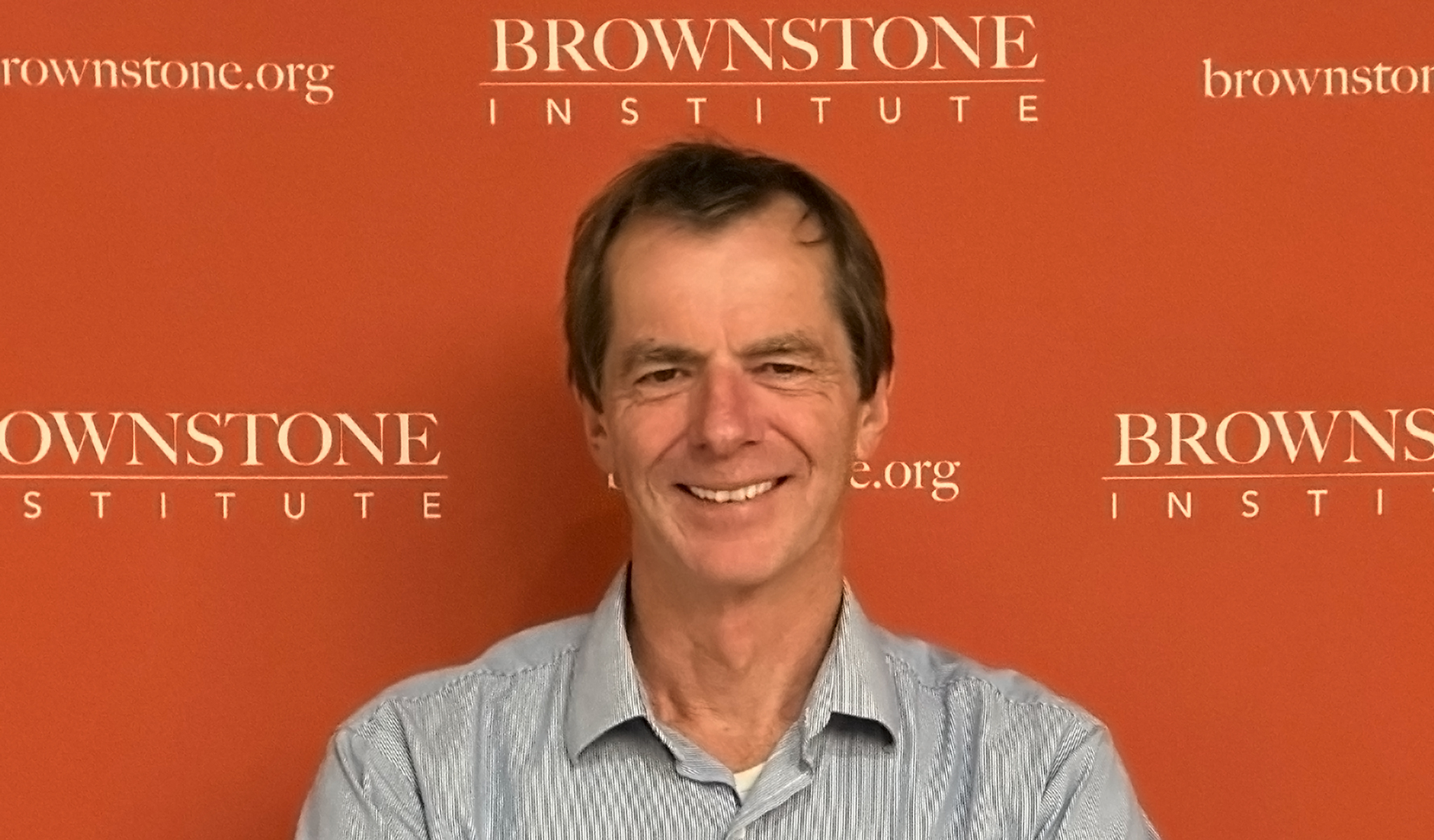Albrecht Durer’s Hare (Feldhase) hangs on a wall in the Albertina museum in Vienna. This picture, or at least prints of it, had meant a lot to me since childhood. I had grown up loving art but lived far from such masterpieces; a hundred miles from the nearest art museum and about 10,000 from Vienna. The Young Hare is exquisite, and Durer clearly loved the subject – the detail and beauty of nature that extends far beyond ourselves. I had no idea it was in the Albertina, so it meant something on a random visit to be surprised by the real thing.
What we did have at hand in my childhood was something related. Iridescent Christmas beetles, mountain swallowtails, and Mountain Ash trees rising hundreds of feet above the forest floor. Broad beaches with azure waters and the middens of thousands of years of human prehistory behind. From the hills behind the town, there was a stunning view of the bay, inlets, and islands with the mountains of the promontory between. At night, it was roofed by the Milky Way, so clear really it did look like milk studded with diamonds.
This is what it was. Childhood was also trudging through mud to fish eels out of the creek, wandering all day alone in the bush, kicking a ball and carting hay. A variant of childhood for most pre-screen. Like staring at Durer’s Young Hare, this was all a pointless exercise in terms of raw survival or future income generation.
It was, is, and has always been over hundreds of thousands of years of human existence, something totally different. We go to the beach because there is something in going there that fulfills us; we hear a concert or look at a landscape for the same reason. Like the beauty of love in close human relationships, there are things untouchably greater than mere survival or the accumulation of things during the fleeting moment we each have on earth.
We are also taught to disdain such pointlessness. A lot of people are currently protesting in favor of killing people they have never met. They claim virtue for supporting such deeds, and condemn those who seek peace over the mutilation of children. Politicians are demanding to be seen as virtuous for defending death brought by one side, or by defending death brought by the other. Others seek fulfillment or wealth through making and selling the bombs and rockets – mass death of humans is both good business and a career.
It is possible to rationalize such destruction of others. We are, after all, masses of organic material coded by DNA, and most of the cells that travel with us are not even ours, but simple bacteria. We die and meld into the dirt, living on in the minds of the living only as a past sunset, or the childhood memory of a painting.
These memories of others are somehow coded into our brains, as long as our physical bodies remain intact and functional. If beauty is merely coding of chemicals and is in the eye of the beholder alone, then it is really nothing. If the child under the falling bomb or rocket is simply fleeting organic material, then the whole current enthusiasm and profiteering around death is as valid as any other approach. None of it really matters, and neither does a sunset, a poem, or an act of love. It is all just passing irrelevance.
Any rational person with this worldview would crawl their way over the lives of others to get to the top, or to reach whatever form of self-gratification their brain seems tuned for. They would scheme to inject as many as possible if selling pharma brings wealth, scorn those who call for peace if they benefit from war, and deride those who would sacrifice for truth and die on such a cross.
It is a world with no place for beauty, and one where love is subjugated to self. The allegory of the Garden of Eden lays out where this leads, and what it leaves behind, repeated throughout human history in every one of us.
Durer lived in a hard time and died in a time of oppression and war. There is no utopia, or even peace, just because one sees something beyond oneself. Yet the artist achieved beauty that has survived generations. My ancestors a hundred thousand years ago looked up and marveled at the stars, the beauty of the spheres. They loved and embraced the nature around them and then put it aside, killing and abusing their own kind and any who differed.
We are now told by fools that humans are evolving to a new level, that the melding of technology with human bodies and minds will somehow bring a new and better humanity, but we have scorned the garden and built at Babel many times before.
We are to believe, if we follow those who seek to lead us, that lies are rational. We are to believe that we can be, and are, whatever we want to be; that there is no real meaning, no real truth, beyond the moment. That beauty is a construct and love is a chemical reaction or a message between cells. This allows anything to be done, and any lie to be told, and any atrocity to be presented as virtue. It allows anyone to be enslaved, and any child to be destroyed.
It is simply an empty utilitarian way of living that puts no value in life. Humans have always gone down this path, and we should expect it. We should also recognize it by now, after thousands of years of repetition, and stop pretending it is something new or clever.
All of us, at some stage, must decide on the significance of a feeling deep within when looking into a sunset or the eyes of another, or hearing the laughter of a child. The implication of there being something beyond our immediate self, a shared experience across time, changes everything. It means there is something no longer measurable within all of us, and we can no longer ignore the results of our deeds, or those we condone in others.
It creates a gulf in perception between those who recognize this, and those who continue building Babel’s tower. You don’t seek what you have already found. Recognizing beauty outside of time does not stop us acting as humans always have, but it should change the way we view the right and wrong that our errant selves keep doing. It also implies there is One beyond and greater than us, and we would be irrational not to listen.
Join the conversation:


Published under a Creative Commons Attribution 4.0 International License
For reprints, please set the canonical link back to the original Brownstone Institute Article and Author.









